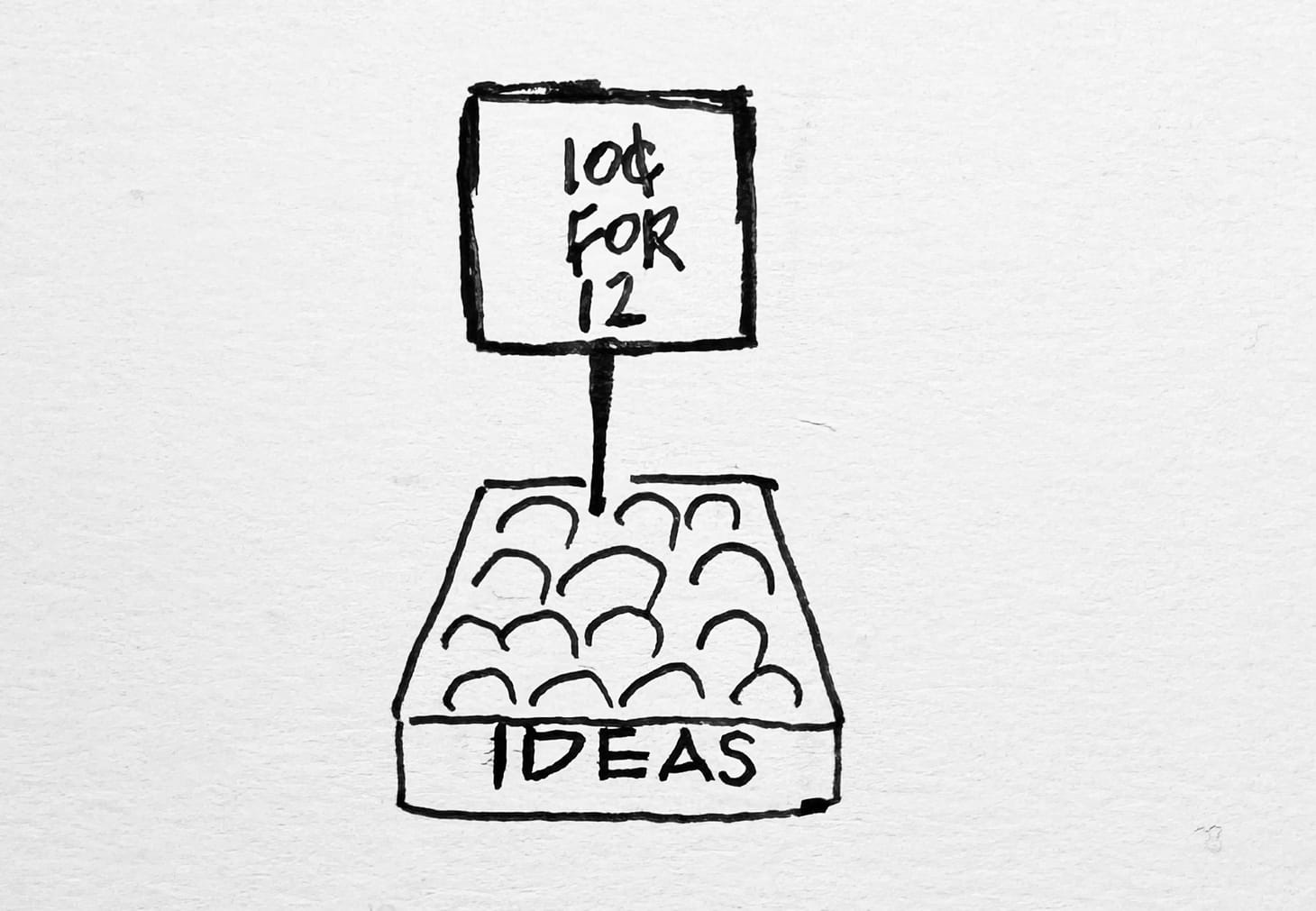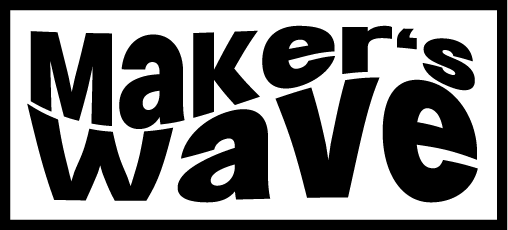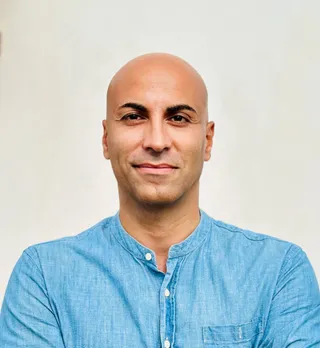10 cents for 12 ideas? No, ideas are no longer a dime a dozen

Ideas are a dime a dozen. Execution is key. Anyone can come up with ideas. Execution is what really matters.
Sound familiar?
This has been conventional wisdom that only a few might disagree with. It is what I believed for as long as I can remember.
This is no longer true.
Something has changed in the world. We now have AI. It has shown me it’s more than capable of executing anything related to knowledge, data, and information.
So execution has become easier now within the context of knowledge work.
I’m excluding artistic work from the point I’m making. Execution of artistic work needs craftsmanship capable of evoking human emotions. This is probably more difficult than ever now.
Ideas in knowledge-based work matter more right now.
Sure, it might be easy to come up with ideas. However, it’s very hard to come up with new ideas that matter. I’m talking about truly original, world-changing ideas. Ideas that combine ideas from unrelated fields, fused with intuition, our emotions, and intellect. The ones that get people to feel something. Those are incredibly rare to come by.
What are some examples of rare world-changing ideas?
Airbnb is one. Stay in stranger’s homes instead of hotels.
Uber is another. Tap your phone, and someone will pick you up in their car instead of hailing a taxi.
Spotify too. Don’t buy music. Access millions of songs for a monthly fee.
These simple, big ideas completely changed how we live our lives.
In the past, successfully executing these ideas required many years of expertise and extreme competence. As a result, “execution over ideas” has become widely accepted wisdom.
But now, there are systems to execute ideas reliably. Our AI friends can do these for us with a level of guidance that doesn’t require the type of expertise that was needed in the past.
And what are some examples of these? Since my profession is building products for tech startups, my examples are in this field. Assuming we have an incredible idea for a product, our AI friends can help execute it. It can:
- Make a product development plan and break down our idea into executable small components in the sequence that they need to be done.
- Write requirements for the features that need to be executed. Come up with a timeline.
- Do competitive analysis. Make suggestions on where opportunities may lie.
- Devise the software architecture, write algorithms, and design a database model.
- Analyze big data if we have it, find patterns, and make meaningful analyses based on that.
- Write the code necessary for some, if not most, of the needed components.
There are now sophisticated no-code AI platforms that will build the whole app end-to-end based on the idea you give it. These will only get better in time.
And once our product is done, we need execution tasks to market/sell/distribute our product. AI can execute many of our ideas for the distribution channels:
- Create ads, test ad copy A/B test of many variations.
- Do SEO analysis, identify content topics relevant to our company’s audience, and write draft outlines for human writers/editors.
- Personalize outbound emails based on what’s known about targets publicly.
- Summarize sales call transcripts, determine the next steps, and write follow-up emails based on those.
This is part of why so many tech companies are doing layoffs. Executing many parts of their plans can now be delegated to AI, requiring fewer people.
During execution, though, there will be many areas that still need incredible ideas. Micro ideas during execution are a way to think about it. Not just for the product itself but for novel ways to grow, distribute, and sell it. Interesting ways to build network effects, for instance. Referral schemes like “give $10, get $10” are played out and no longer work. So, this is another place where original ideas are needed.
One example is how Tinder went to university campuses and got fraternities and sororities on the app simultaneously to kickstart its usage. Or how Airbnb scraped Craigslist to grow its listings. The rest is magic. These are growth ideas, and the reason stories like these exist is because they are novel and hard to come by.
And, of course, the interface and experience design of the products are artistic endeavors that require creative ideas all the time, and their execution is too intertwined with the ideas, so they get excluded from the original point of this essay.
“The idea is the whole thing,” says David Lynch, the legendary film director.
But there is no reliable and repeatable way to come up with important ideas when we need them.
The best we can do is to prepare the conditions for the idea to arrive and hope it comes. This prep work is serious work. It’s a topic for another time that I’ll explore in depth.
But despite our best efforts, the idea of consequence may or may not come.
So, what does that mean for the future of humanity?
Our AI-powered reality perhaps makes creativity the most important asset for us humans to have.
In Hollywood, industry folks say, “Nobody knows anything”. That may be true.
One thing I do know, though.
Great ideas are not a dime a dozen.
Maker's Wave Newsletter
Join the newsletter to receive the latest updates in your inbox.




